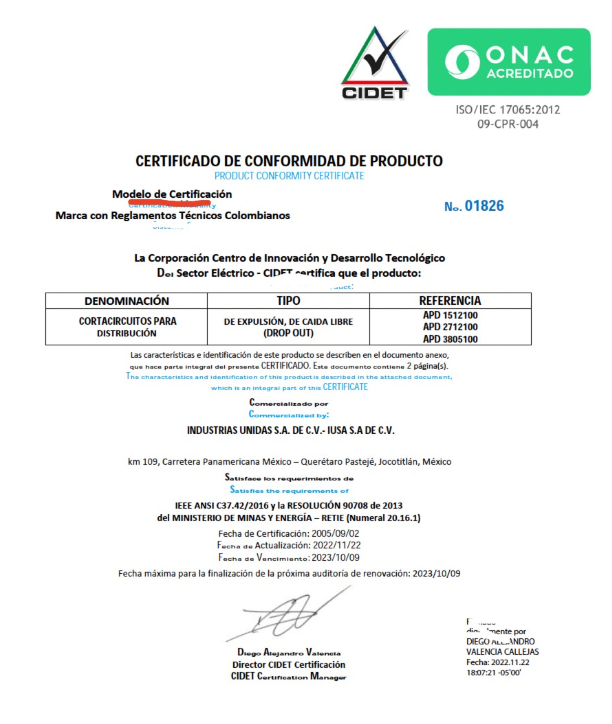Ecuador COC template

Purpose of Ecuador COC
The government of the Republic of Ecuador has implemented a compliance verification program (COC) for all products exported to the country.
According to Resolutions No. 09 and 010 - 2009 of the National Quality Council of Ecuador in 2009, importers must provide a "Certificate of Product Conformity" (CoC) as a necessary document for customs clearance when importing relevant products. This certification covers safety and/or energy efficiency requirements, adopting Ecuadorian national standards (INEN standards) or international standards. The local civil power supply is 220V~ 60Hz, single-phase.
Ecuador COC Controlled Product List:
- Footwear products, textiles
- Electronic and electrical products
- Lamp products
- Hardware
- Products for building materials
- Toys
- Wires and cables
- Chemicals, etc.
Documents Required for Ecuador COC:
- Application form, packing list, invoice
- Business license of the applicant, manufacturer, and production factory
- Trademark registration & authorization
- Product manual (in Spanish & English)
- Product description, list of key components/materials
- Quality documents: third-party test reports, ISO system certificate, factory inspection reports
Ecuador COC Certification Process:
- Submission of application
- Product testing
- Pre-shipment inspection (if applicable)
- Certification assessment
- Certificate issuance
Ecuador COC Fee Structure:
The fees for Ecuador COC are determined based on the inspection address, product quantity, and basic product information. For a quote, please contact us.
Testing fees are quoted based on product and testing requirements (applicable standards).
Documents and Process for Ecuador COC VOC Certification:
Application Form: Exporters submit a fully completed Request for Certificate Form (RFC & DoC), providing detailed information about the goods and submitting product quality documents such as test reports, technical specifications, quality management system certificates (if any), along with commercial invoices and packing lists.
Planning and Standards Determination: The institution determines a feasible implementation plan and applicable standards.
Testing (if required): Coordination with laboratories for sampling and testing if necessary.
On-site Inspection: On-site inspection is conducted by the nearest office of the institution after completing the above steps. All costs are borne by the applicat.
Submission of Final Documents: After completion of the inspection, the exporter submits the final documents (commercial invoice and packing list) to the institution.
Issuance of COC: The institution issues the clearance certificate (CoC).
Ecuador import document
Commercial invoice
Original or copy of the bill of lading or airway bill
Insurance policy in accordance with the Insurance Law
The income tax registry number (RUC)
A certificate of origin when applicable (to qualify for tariff preferences when availabe
INEN-1 certificate (standards compliance), when applicable
Other documentation that the General Direction of the National Customs Service of Ecuador or the Foreign Trade Committee considers necessary for the control of the operation and verification of compliance with the corresponding regulations.
Ecuador - Import Tariffs.
As a member of the World Trade Organization (WTO) since 1996, Ecuador has a 21.9 percent simple average for tariffs (25.7 percent for agricultural items and 21.2 percent for non-agricultural items).

